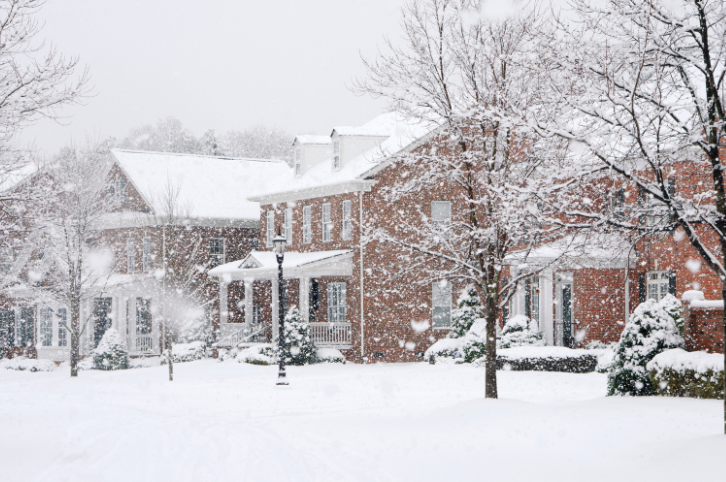
July 25, 2025
When storms hit Connecticut, they don’t just bring heavy rain and wind—they bring stress, power outages, and potential danger for those who rely on electricity to keep life running smoothly. Whether you’re caring for elderly parents, have a family member with medical needs, or just want to keep your fridge running and your home safe, storm prep should be at the top of your to-do list.
One of the most important tools in your storm preparedness plan? Choosing the best generator for storm season ensures your home stays powered, safe, and comfortable when the power goes out.
Connecticut’s Storm Season Outlook
Connecticut’s storm season can be unpredictable—one year it’s just a few passing thunderstorms, and the next, multiple outages from downed power lines or tropical systems. In fact, the U.S. Energy Information Administration reported that Americans face an average of over 5 hours of power interruptions, mostly due to severe weather.
Typically, storm season ramps up in late summer and runs through fall. And because our weather can change fast, waiting until a warning is issued is often too late to get your generator serviced or fueled.
The good news? A little early preparation can go a long way in keeping your home safe, comfortable, and fully powered. Investing in home generators for power outages gives Connecticut homeowners a dependable safety net during unpredictable weather events.
Get Your Generator Ready Before Severe Weather Hits
Why Routine Generator Checks Make a Difference
Whole house backup generators are built to perform under pressure—but only if they’ve been properly maintained. Skipping routine checks can lead to performance issues just when you need your generator most. If your unit hasn’t been serviced in the last year, start with this home generator maintenance checklist.
Even the best generator for storm season needs regular checkups to deliver peak performance when you need it most.
When to Call for a Professional Inspection
If you’re unsure about your generator’s condition or notice signs like slow start-ups, odd noises, or warning lights, it may be time for a professional inspection. Our generator service team at PE Home Generators is factory-certified and fully prepared to identify problems before they become bigger issues.
Best Practices for Running a Test Cycle
Run your generator through a full test cycle every month—ideally under load. This means powering your home with it (even briefly) to make sure it’s functioning correctly. Always check the oil levels and listen for abnormal sounds.
What to Check in Fuel, Lines, and Connections
Inspect fuel lines and electrical connections for any signs of wear or corrosion. If you’re using a liquid propane or natural gas generator, make sure the valves are in good condition. Also, ensure your tank (if applicable) is topped off well before storms are in the forecast.
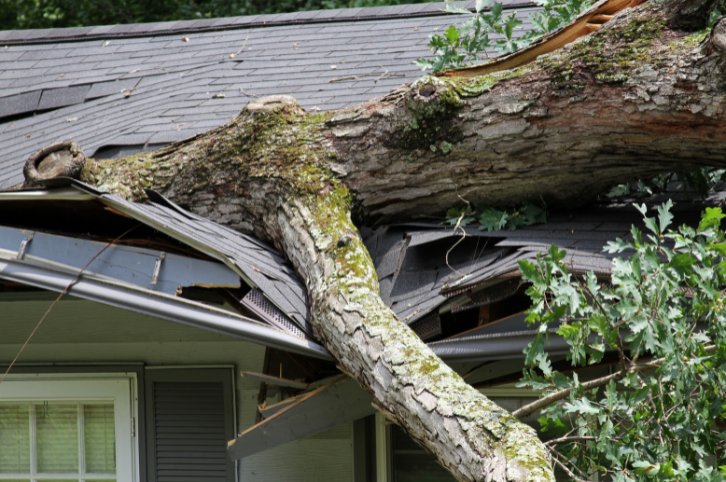
Store Fuel Safely to Stay Powered During Outages
Local Rules and Safety Tips for Fuel Storage
Proper fuel storage is required by law in many Connecticut towns. Store gasoline in approved containers, keep them away from heat sources, and never store fuel indoors. Keep just enough on hand to last a few days, but rotate older fuel regularly to prevent it from degrading.
Check with your local fire department or municipal guidelines for any specific storage limits or permit requirements. Always label containers with the type of fuel and the purchase date to avoid confusion and improve safety during emergencies.
Picking Proper Containers and Storage Locations
Use high-quality, clearly labeled containers with child-proof caps. Store them in a shaded, dry, ventilated shed or garage. Avoid placing fuel near open flames, pilot lights, or any heat-producing equipment.
Choose containers that are rated for the type of fuel you’re storing—never substitute with makeshift or damaged containers. Elevating the containers off the ground can also help prevent moisture buildup and prolong the life of the fuel.
Protecting Your Home From Storm Damage
Secure Outdoor Items and Equipment
Loose items like patio furniture, grills, or garden tools can become dangerous projectiles in high winds. Store them indoors or anchor them securely in advance.
Don’t forget about smaller items like toys, bird feeders, or plant pots—these can do unexpected damage when airborne. If you use tarps or covers, ensure they’re tightly fastened to prevent them from tearing away and causing issues.
Check Windows, Doors, and Roof for Vulnerabilities
Inspect for cracks in window seals, loose shutters, or damaged shingles. Even small gaps can let water in or create pressure imbalances during strong storms. Use weatherproof caulking to seal around windows and doors, and replace worn-out weather stripping. A quick check in your attic for signs of existing leaks or daylight coming through can also reveal roof issues early.
Trim Trees and Clear Gutters
Branches hanging near power lines or your roof should be trimmed back, and gutters cleared of leaves and debris to prevent water backups or ice damming. This reduces the risk of power loss and water damage during heavy rains or snow.
Hire a professional arborist if any large branches or trees look unstable—they’re better handled before a storm than after. Additionally, downspouts should be directed away from your home’s foundation to prevent flooding or basement leaks.
Keep Your Family Connected and Safe
Build a Reliable Backup Communication Plan
If cell service goes down, will your family know how to reach each other? Keep a written list of emergency contacts, and consider walkie-talkies or battery-powered radios for neighborhood communication.
Backup Power Solutions for Critical Devices
From CPAP machines to refrigerated medications, many families rely on electricity for medical support. Be sure your home backup power solutions include battery storage or generator connectivity for these critical devices.
Get Support From Professionals When You Need It Most
Local Service Plans and On-Call Help Matter
When a storm hits, it’s not the time to search for emergency repairs. PE Home Generators offers ongoing service plans and fast, reliable repair services so you’re never caught off guard. We serve homeowners across Connecticut, including Guilford, New Haven, Hamden, and beyond.
Contact Us to Ensure You’re Storm-Ready!
If you’re unsure whether your generator is storm-ready—or if it’s time to upgrade your whole home generator—don’t wait for the next outage to find out.
Learn more about the signs it’s time to replace your generator, and give us a call. We’re here to make sure your storm prep is simple, stress-free, and effective.
Disclaimer: The information provided in this blog is for informational purposes only and should not be considered professional advice. For guidance specific to your situation, please consult a licensed professional.
Recent News
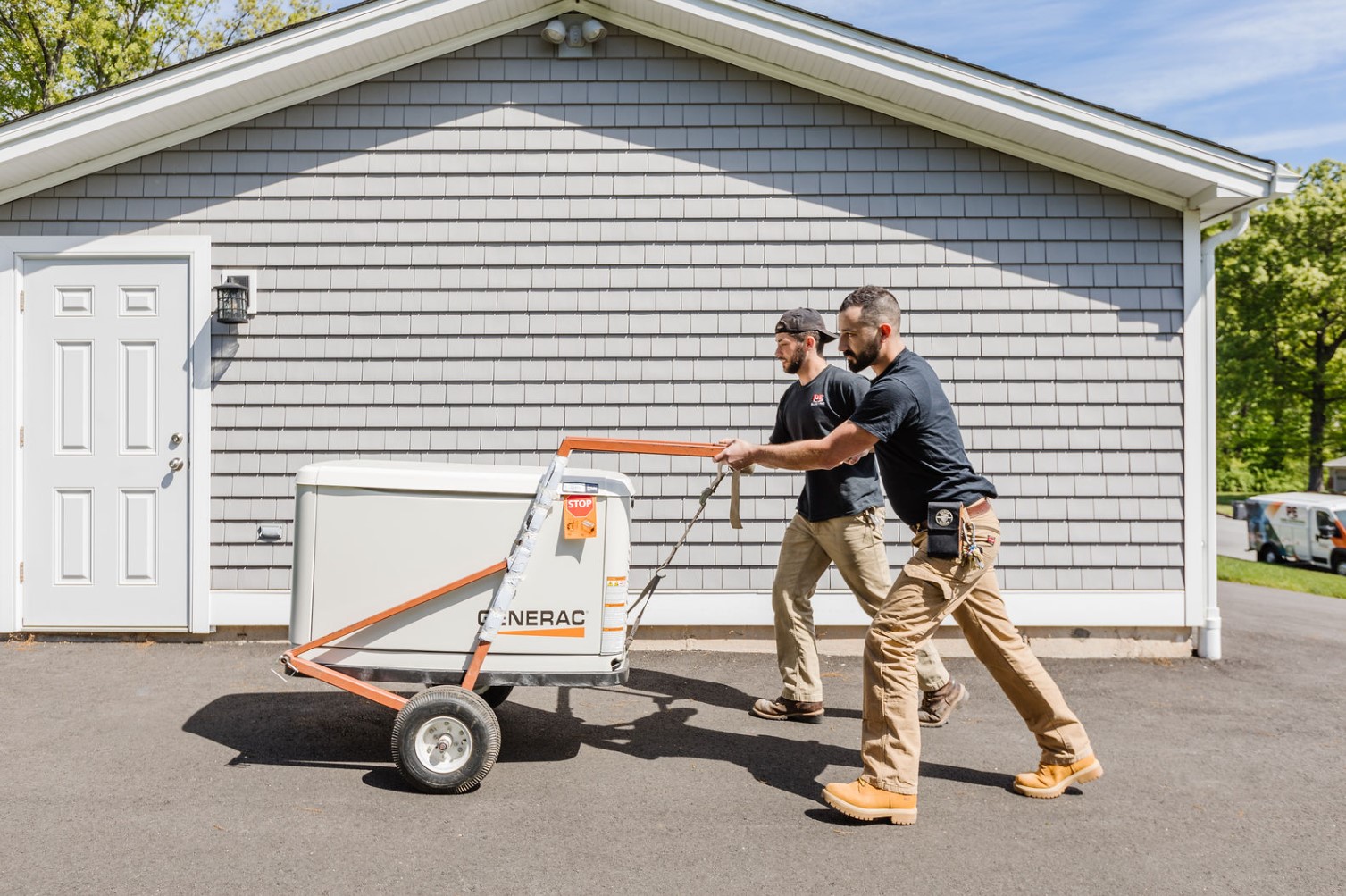
5 Common Myths About Home Generators Debunked
January 20, 2026
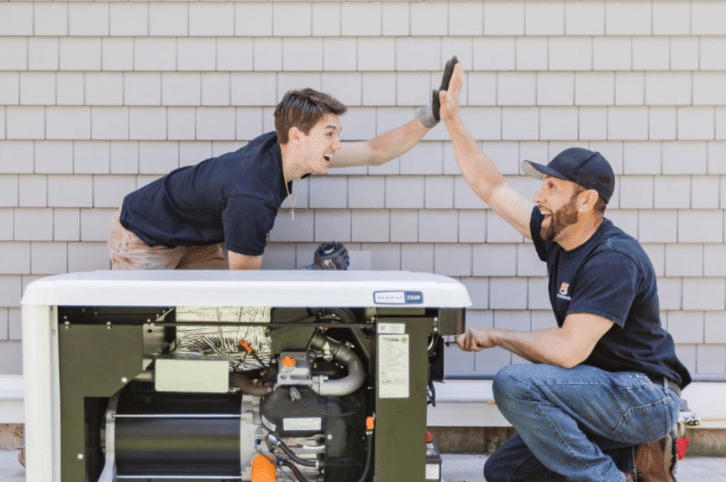
What to Expect During the Home Generator Installation Process
January 14, 2026
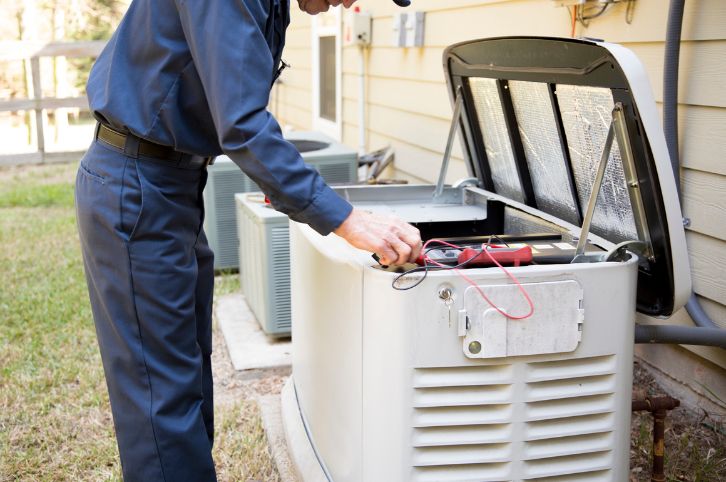
Generator Permitting and Town Regulations in Connecticut
December 16, 2025

The Top 8 Home Projects with the Highest Return on Investment
November 12, 2025
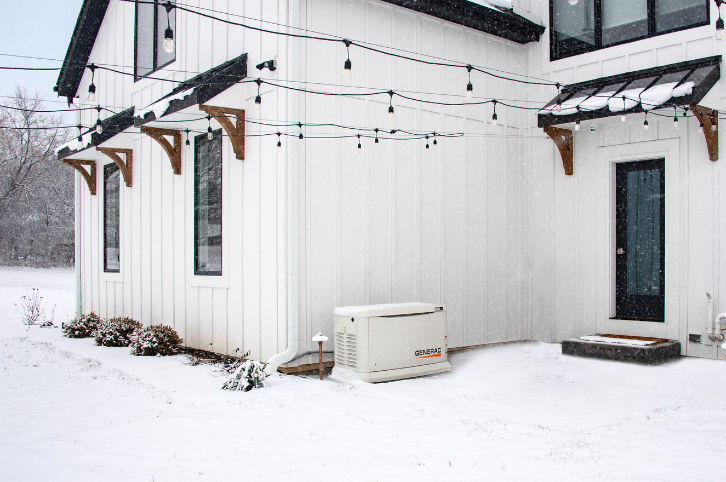
Can You Run a Generator During a Snowstorm or Nor’easter?
November 3, 2025
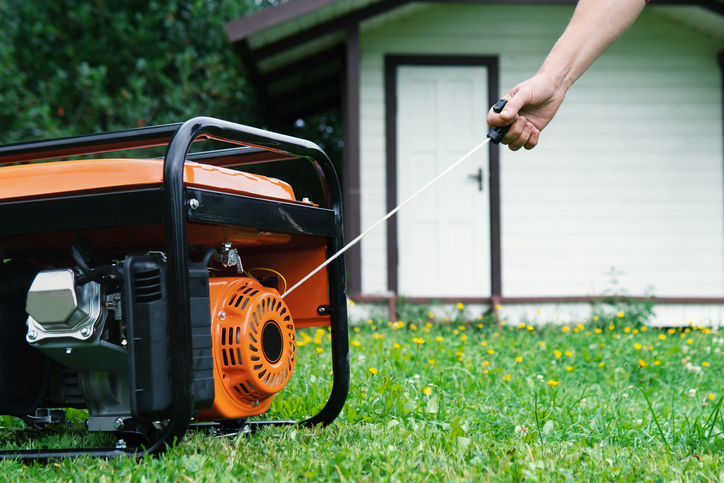
Portable vs. Standby: Choosing the Right Generator for Your CT Home
October 20, 2025
